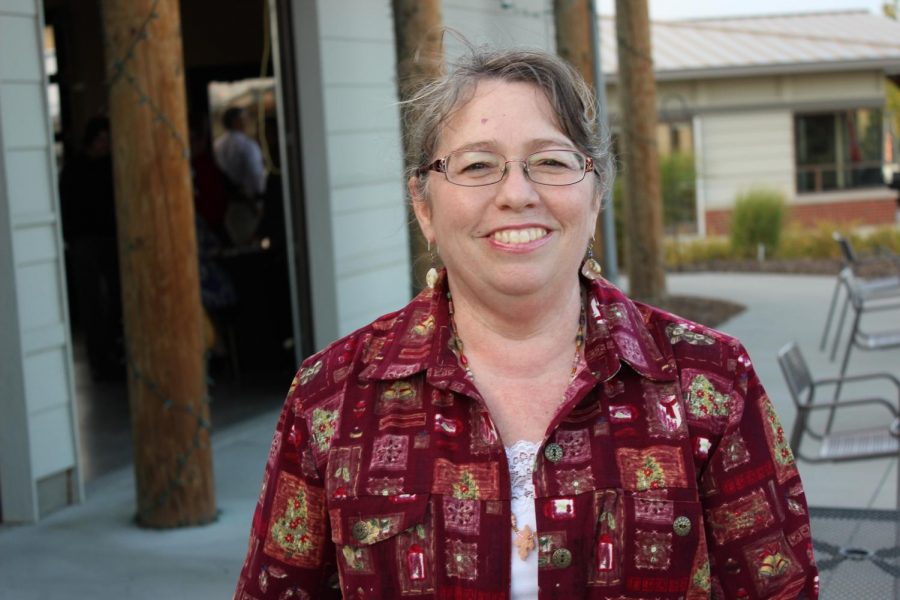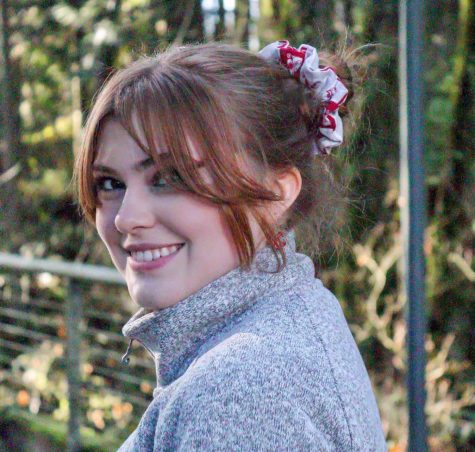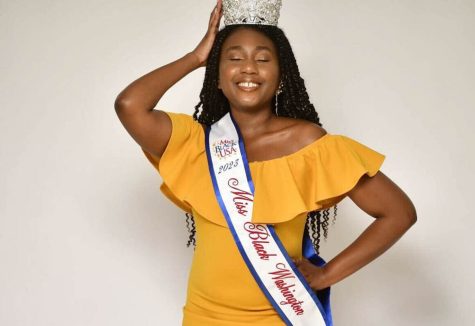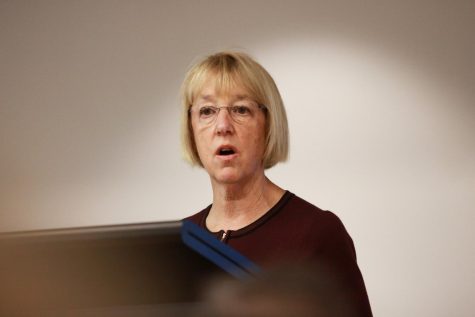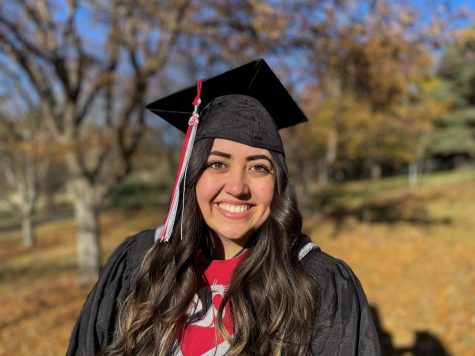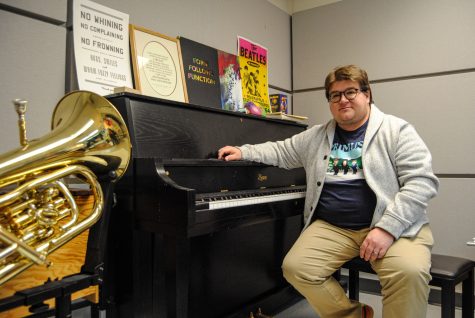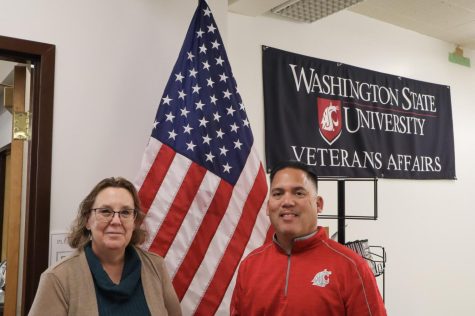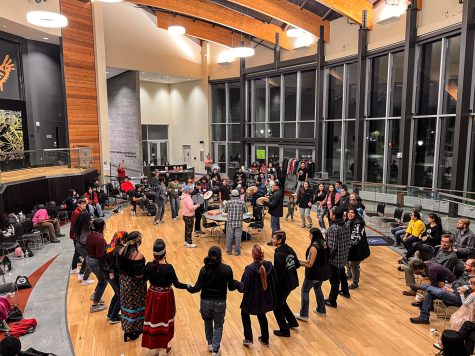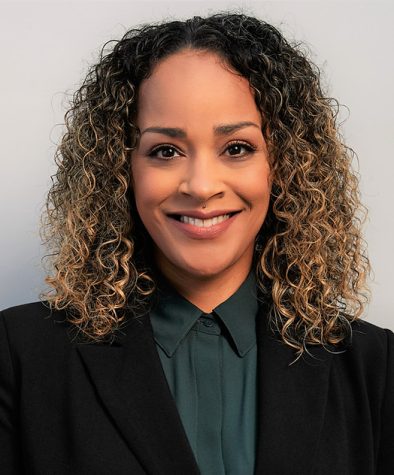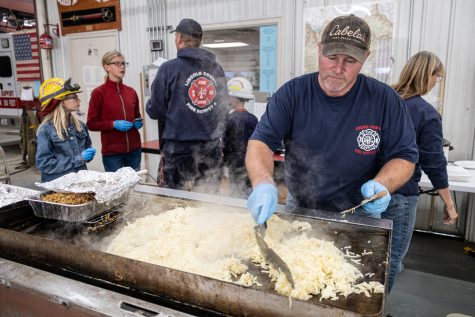Local child development worker to retire after 27 years
Child development worker found passion after taking WSU human development class
Sue Kreikemeier, BOOST Collaborative program director, works with children with developmental delays. She helps children with medical conditions like Down syndrome, hearing loss and cerebral palsy.
October 16, 2020
After more than 27 years at BOOST Collaborative Children and Family Support Services, Sue Kreikemeier will be retiring at the end of November.
“I wanted to retire when things were going well and leave [the program] in a good place,” said Kreikemeier, program director of BOOST Collaborative. “I plan on volunteering in a very select way that keeps me connected to the field.”
Kreikemeier got her start in the child development field when she took a human development class at WSU, she said. That was when she knew she wanted to pursue a career in human development.
She said she worked in childcare and preschool first. Then she saw an ad in the paper, and she applied for the job at BOOST Collaborative.
Kreikemeier said after she got the job, her predecessor mentored her.
“I got to see my predecessor work with children, and I really appreciated her approach to supporting families,” she said.
Kreikemeier said her job involves working with children with developmental delays and providing their families with developmental evaluation and information about how the program can benefit their child.
The program aims to help children with medical conditions like Down syndrome, hearing loss and cerebral palsy, she said.
Kreikemeier said an infant in the program was having problems with breastfeeding. She asked the mother what she wanted for her child.
“The mother said that all she wanted was for her baby to have chunky cheeks, and I wrote this in the plan,” Kreikemeier said. “This might sound silly, but it was needed.”
She will miss working with families and seeing the children’s progress. Kreikemeier said the team is incredible and has evolved in a way that helps support the family.
“I will not miss the paperwork and trying to establish credibility,” she said. “Before the program was able to demonstrate that it used evidence-based science, people looked at us as just working with kids.”
This made Kreikemeier want to run away screaming, she said.
Her mentors had the greatest impact on her, and their work in the field focused on what is really important for children and their families, she said.
“I have my heroes and pioneers in childhood development,” she said. “I had an instructor at WSU, Sherrill Richarz, who was one of my earliest mentors in human development.”
Retired teacher Camille Klingle met Kreikemeier as a student at WSU in the mid-1980s, Klingle said.
Klingle said her first memory of Kreikemeier was during a school project where she went over to Kreikemeier’s house.
Klingle said Kreikemeier was a mom of two at the time and had already done more work on the project than she had.
“She is smart, friendly, and humble,” she said. “Sue takes on this quiet authority and watching her speak to a group of people is amazing.”
Klingle said she is looking forward to Kreikemeier’s retirement. She is thankful for the decades of friendship they have shared.
When she is retired, Kreikemeier said she and her husband are looking forward to traveling.

